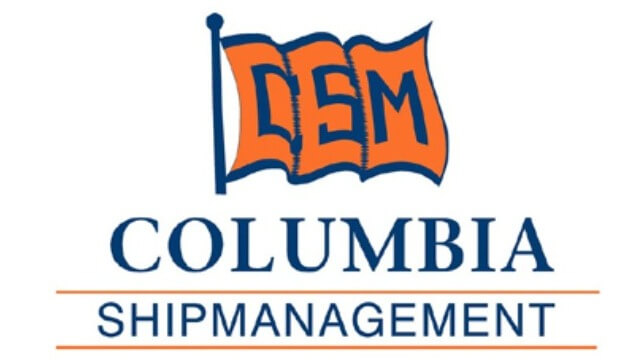CSM Says Engine Health Monitoring is Needed to Meet CII Requirements

Shipowners and charterers using the newly-released Emissions and Engine Health Monitoring System, via Columbia Shipmanagement’s (CSM) Performance Optimisation Control Room (POCR), will be aligned with BIMCO’s Carbon Intensity Indicator (CII) Operations Clause for Time Charter Parties designed to help the industry commercially navigate the complexities of the IMO’s CII regulations.
This was the assurance made by Capt Pankaj Sharma, CSM’s Group Director Digital Performance Optimisation, ahead of the new regulations on the carbon intensity of international shipping coming into force on 1 January, 2023.
A recent BIMCO announcement suggested that owners and charterers need to collaborate and cooperate to manage the IMO objective to reduce carbon emissions. Its new clause sets out a way forward in a time charter context, where charterers are responsible for the operation of the vessel.
“With the recent introduction of the BIMCO CII operation clause addition, the need to use continuous CII monitoring systems as well as an engine health monitoring system are fully covered through our emissions monitoring addition and PANGIA-Engine Monitoring System,” he said.
According to Capt Sharma, when it came to advising shipowners, the CII should be measured and assessed on a continuous basis and trends identified proactively rather than depending on end-of-year results.
“Shipowners should use CII projection to predict resultant CII and have early discussions with their charterers. It is important they ensure their engines are in good working health and are advised to invest in an engine health monitoring system such as the one used in the POCR, for recordkeeping and evidence. The crew should also be fully trained for sensitivity and impact of CII reporting and management,” he said.
Based on this, CSM would advise charterers to measure CII and monitor the health of the engine. “They should ensure there is implementation of an operations monitoring system including statement of fact for recordkeeping and evidence and should engage with shipowners to identify and resolve any technical issues,” Capt Sharma said.
POCR’s Emissions and Engine Health Monitoring System is not only cost-effective but it enables ship managers and technical superintendents to quickly identify issues and failures, monitor vessel KPIs, and integrate third-party data analytics to continuously improve their vessel’s engine room performance.
Digitalisation at the engine level can provide instant, in-depth analysis of the engine with actionable advice or steps that reduce fuel oil consumption. This can ensure the engine is operating at maximum performance and help extend the lifetime of the engine by monitoring asset health.
The products and services herein described in this press release are not endorsed by The Maritime Executive.
